Best Tree Service in James Island
Ask Us Anything!
Quick Quote
The Planet Green Tree Service Difference
At Planet Green Tree Service, we are firm believers that trees make the world a better place. They provide us with verdant beauty, cool shade, and emergency shelter. They raise our home values, add personality to our neighborhoods, and provide us with clean air to breathe. When your home or business has well-maintained, healthy trees, everyone benefits. That's why we are so passionate about providing our customers with dependable tree services in the Lowcountry.
We believe that honest prices, state-of-the-art equipment, friendly arborists, and good old-fashioned hard work are what set us apart from our competition. With more than 33 years of service in South Carolina, you can rest easy knowing every member of the Planet Green team is committed to the following:
- Conduct themselves in a professional manner
- Provide you with exemplary tree care services
- Arrive at your home or business on time and ready to work
- Provide you with affordable service rates
- Meet or exceed our industry standards
- Utilize the utmost safety when removing or maintaining your trees or shrubs
- Have full insurance to protect themselves and your home
Our customers mean a lot to us, which is why we strive to provide them the best, most helpful customer service in our industry. When you hire our company to perform a tree service in cityname, know that we take this responsibility seriously and will always treat your home like we would treat our own. At Planet Green Tree Service, you won't ever have to worry about sneaky hidden fees or outrageous pricing. We believe every homeowner and business owner should have access to affordable tree services, which is why we set our rates at reasonable levels. Our job is to protect your home, your trees, and also your wallet!
Service Areas
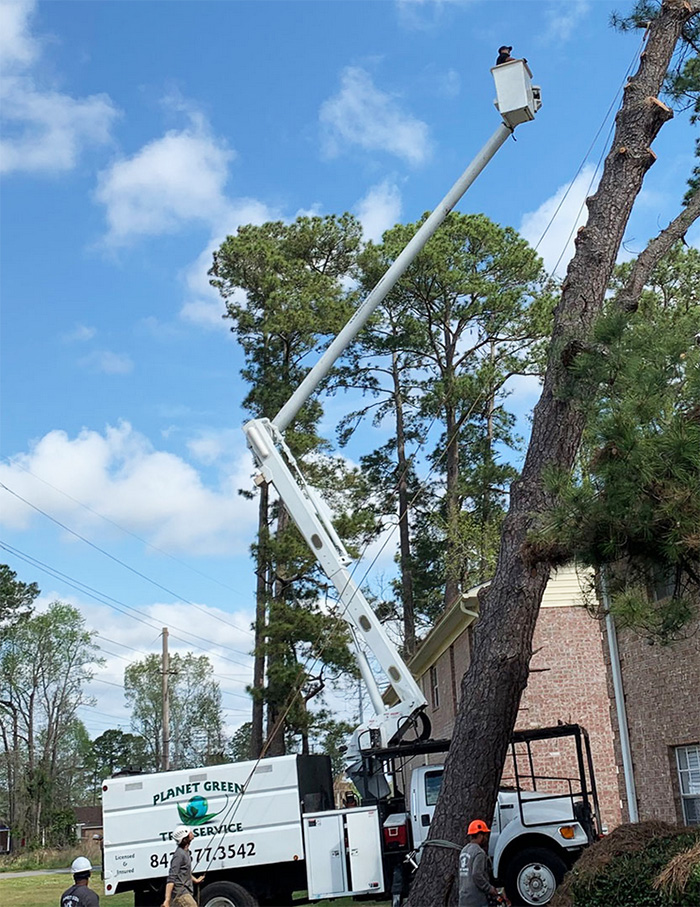
Whether your home has overgrown trees that need trimming or you have an unsightly stump that needs grinding, our team of tree experts is here to help. Curious what kind of tree care work we provide to homeowners in South Carolina?
Planet Green specializes in the following areas:
Tree Trimming in James Island
Have you noticed your favorite tree growing in a strange shape? Are your trees or shrubs so overgrown that it's making your property and home look unkempt? Are the trees near your home weighed down by dangerous dead branches? If you answered yes to any of the above questions, it might be time to speak with a Planet Green Tree Service professional to find a solution.
Like anything that lives, trees respond to their environment. When trees are not properly maintained, they can cause a whole host of problems for the homeowner. Overgrowth doesn't just look bad - it can be a potential safety hazard and liability for your home. To prevent this from happening, it's crucial that your trees are trimmed and pruned regularly. Trimming your trees and shrubs gives your home a tidy, appealing look and facilitates healthy plant and tree growth.
Because every tree and shrub is different, you must approach tree trimming with a plan. Before you start hacking at your trees with a machete, be sure to contact Planet Green Tree Service. Our team of expert arborists will come to your home and determine the best path to take for your tree trimming needs. We always take into account variables like the strengths, weaknesses, and species of your trees.
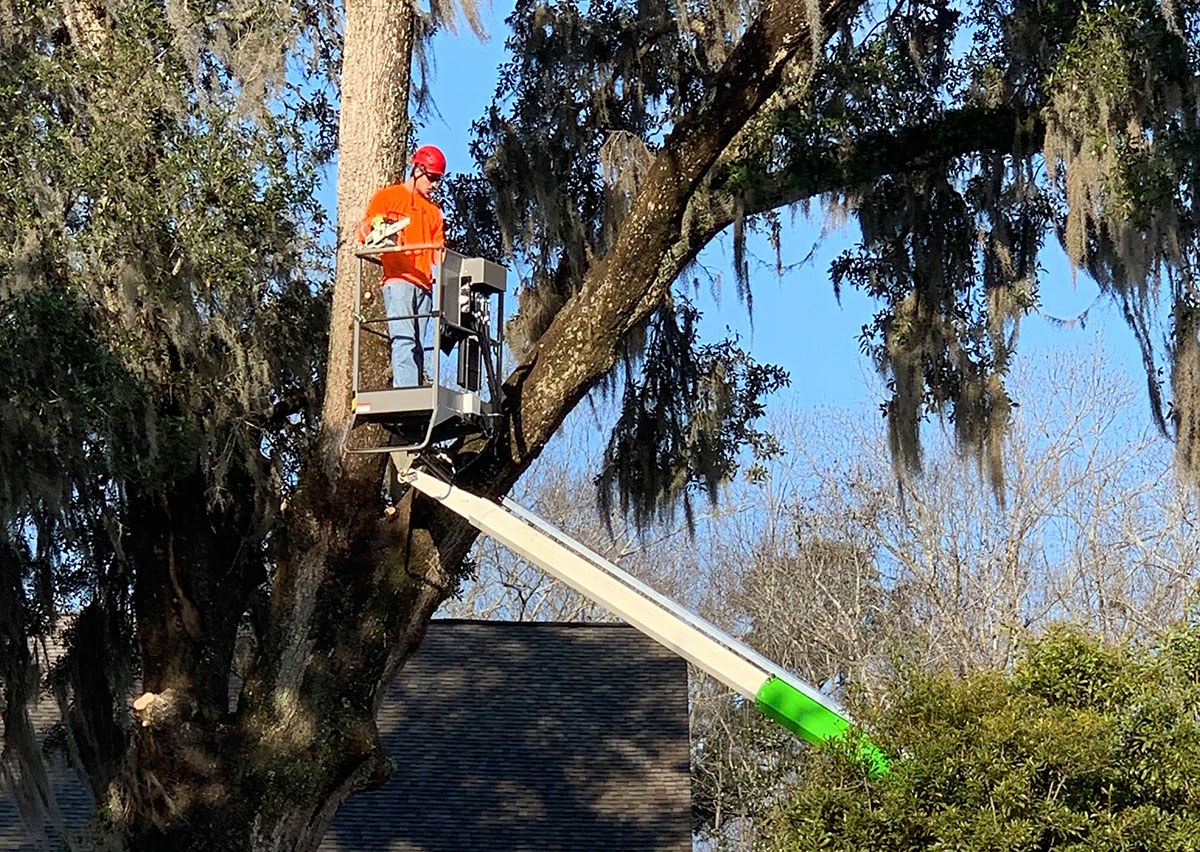
Benefits of Tree Trimming in James Island
For some folks, tree trimming seems like a minor detail in the grand scheme of homeownership. It can be a tedious job, but keeping your trees trimmed and well-maintained is more important than you might think. Below are just a few of the many benefits of keeping your trees and shrubs trimmed:
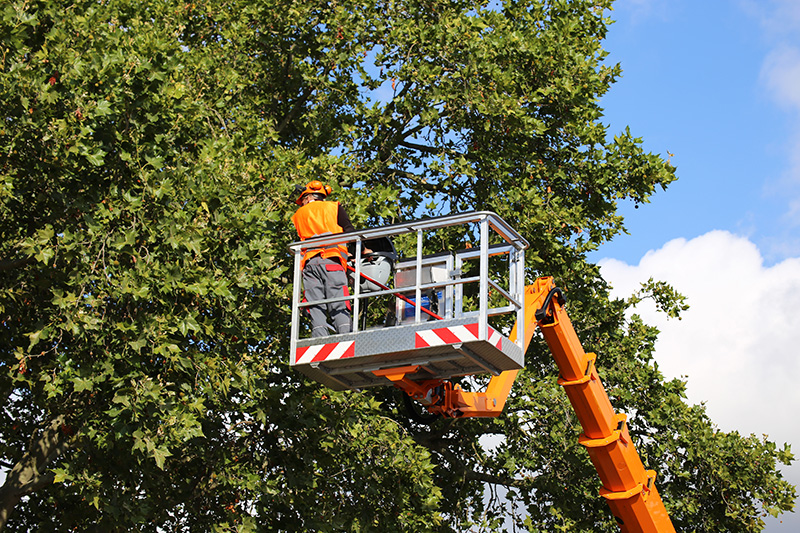
Types of Tree Trimming
Not all tree trimming services from Planet Green Tree Service are the same. Our experts specialize in a number of different tree trimming services to ensure you are getting the right kind of trim for the appropriate situation. Because even the smallest mistake can permanently affect your tree's health, we approach every tree trimming job with surgeon-like precision. That way, you know your trees are in capable, responsible hands.
Stump Removal in James Island
For most property owners, removing a tree can seem like a major project. While that notion certainly isn't wrong, tree removal is more straightforward and often easier than trying to remove an unsightly stump from your yard. Have you ever wondered why you see so many yards with stumps dotted around the land? It's because they're very difficult to remove. That is why Planet Green Tree Service has been offering stump removal services in South Carolina for more than 33 years. Our skilled stump removal experts bring a wealth of knowledge and cutting-edge tools to every stump removal project they tackle.
The fact of the matter is this: trying to remove a stump on your own is an incredible undertaking. Going the "DIY" route can take weeks to complete, even if you spend an hour or two every day. There's also the issue of operating heavy machinery (which costs time and money to rent) and even light fires to expedite the process, which is dangerous. For these reasons alone, we always recommend that you bring in a professional to remove your tree stump safely and effectively.
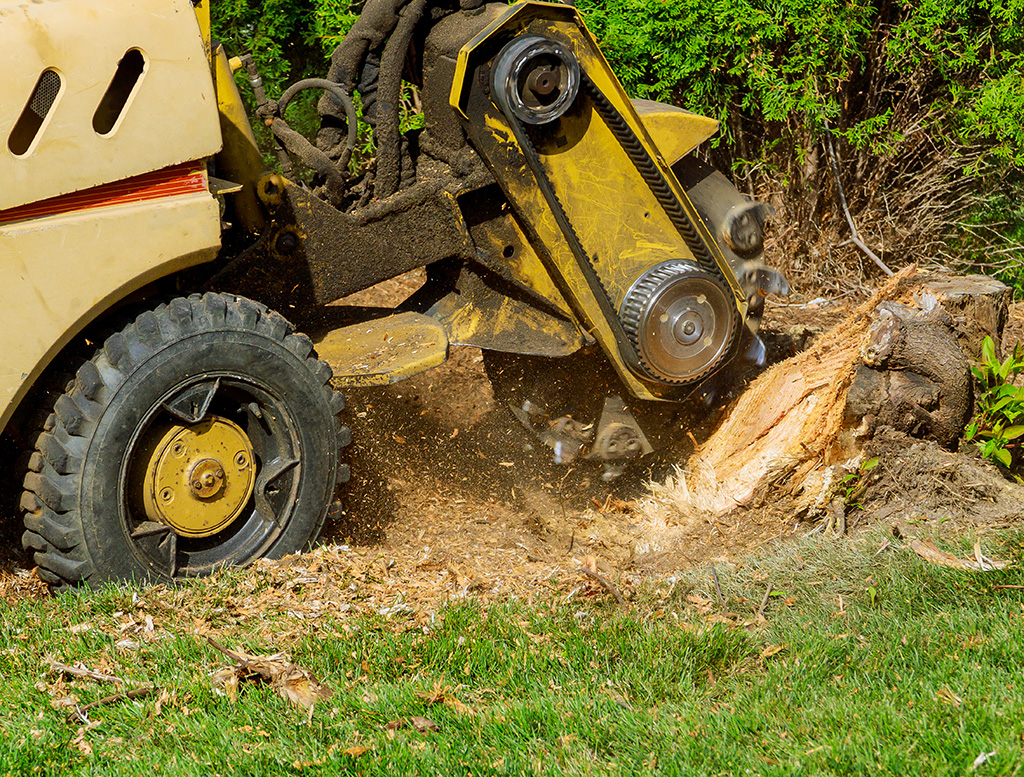
Benefits of Stump Removal in James Island
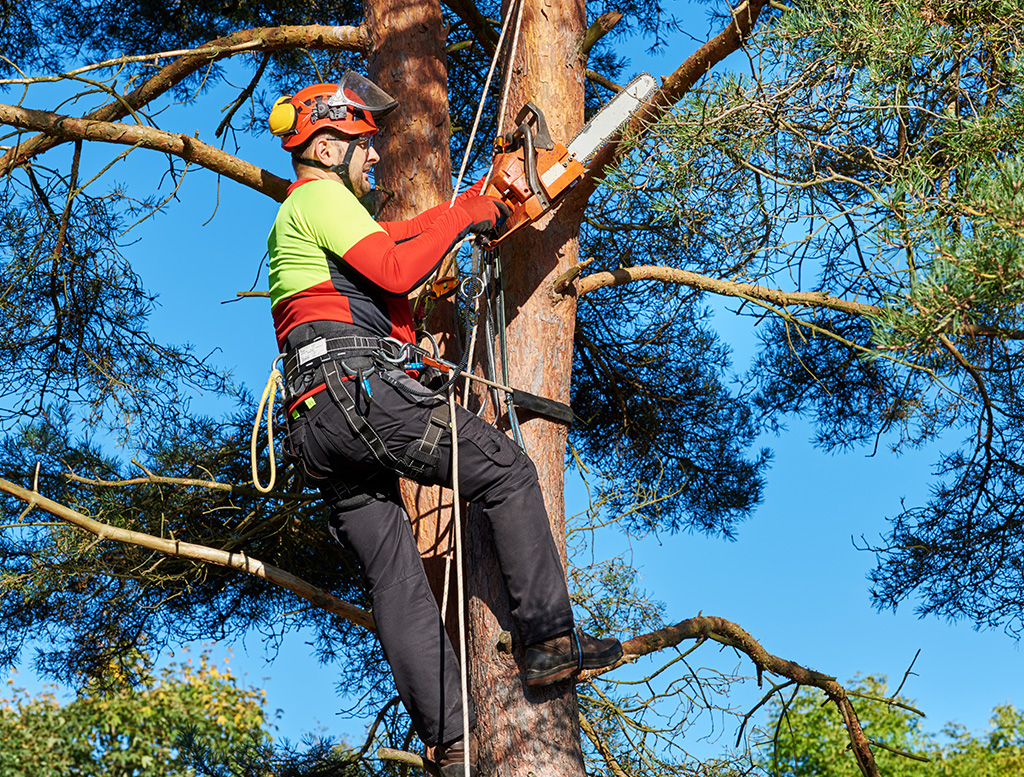
Reduce Headaches
Sure, you could take the time to do your research on how to remove a stump. You could go to Home Depot, rent a high-powered stump grinder, and risk your health trying to operate it without training. You could spend every winking moment of your free time trying to grind the stump down so you can remove it from your yard. But why go through all that trouble when a trustworthy, experienced stump removal company like Planet Green Tree Service is only a phone call away?
Our team of stump removal professionals uses state-of-the-art tools designed to keep your property damage-free during the removal process. We will turn your yard into a beautiful blank slate, so you can focus on enjoying your stump-free while we haul away all the debris.
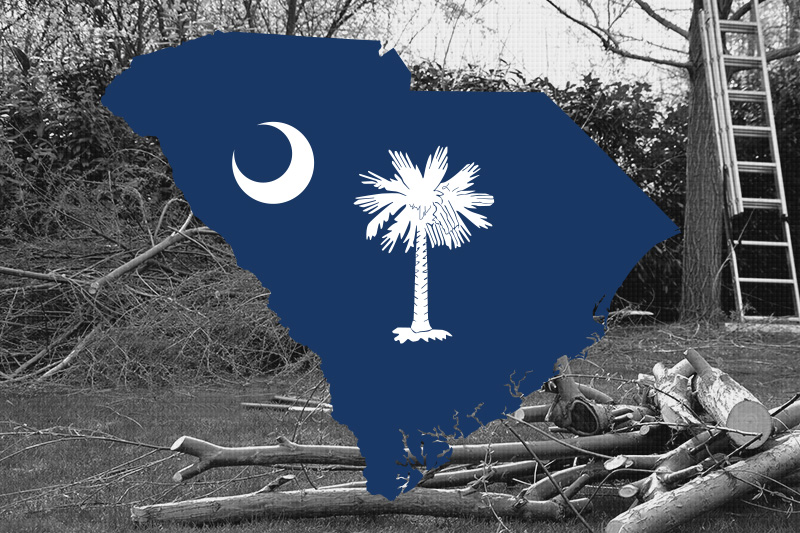
Your Premier Tree Service Company in South Carolina
With 33 years of experience, it's no wonder why so many South Carolina locals choose Planet Green Tree Service for tree trimming and stump removal in their city. Clients love us because we believe in exceeding your expectations, no matter how large or small a job is.
- Conduct themselves in a professional manner
- Provide you with exemplary tree care services
- Arrive at your home or business on time and ready to work
- Provide you with affordable service rates
Contact our office to learn more about our tree services in South Carolina or to schedule your free quote today!
Latest News in James Island, SC
Disclaimer:


